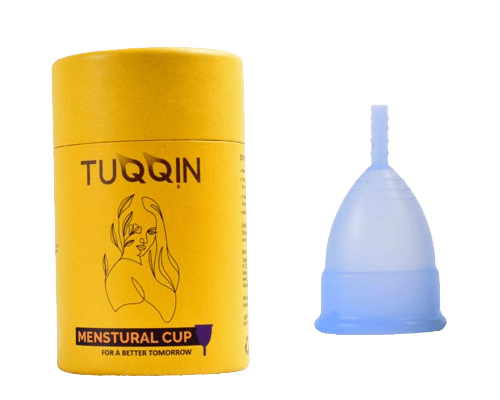Why We Need to Switch to Tuqqin Menstrual Cups: A Sustainable Choice
Discover the innovative Tuqqin Cup and how it is revolutionizing menstrual hygiene. Learn about its benefits and how it contributes to a sustainable future.
In the quest for sustainable living, one area that often gets overlooked is menstrual hygiene. The traditional methods of managing menstruation have a significant environmental impact. This is where menstrual cups come into play.
What are Menstrual Cups?
Menstrual cups are a reusable feminine hygiene product made of medical-grade silicone, latex, or elastomer. They are inserted into the vagina during menstruation to collect menstrual fluid.
Benefits of Using Menstrual Cups
1. Environmental Impact
The most significant advantage of menstrual cups is their low environmental impact. Unlike tampons and pads, menstrual cups are reusable, lasting for up to 10 years with proper care. This drastically reduces the amount of waste generated.
2. Health Considerations
Menstrual cups are safer as they do not contain the chemicals and bleaches found in tampons and pads. They also maintain the vagina’s natural pH balance, reducing the risk of infections and Toxic Shock Syndrome (TSS).
3. Cost-Effective
While the upfront cost of a menstrual cup may be higher than a box of tampons or pads, in the long run, it is far more cost-effective. Considering the lifespan of a menstrual cup, you’ll be saving money within a few months of use.
The Environmental Impact of Sanitary Waste
Every year, billions of pads and tampons are disposed of, contributing to landfill waste. These products take hundreds of years to decompose. They also often contain plastic, which releases harmful greenhouse gases when decomposed.
The Issue of Water Pollution
Flushing tampons and pads down the toilet can lead to blockages in the sewage system. These items can end up in rivers and seas, contributing to water pollution.
Conclusion
Switching to menstrual cups is a small change with a big impact. It’s a step towards sustainable living, reducing waste, and protecting our planet. It’s time we rethink our choices and move towards more sustainable menstrual products.


